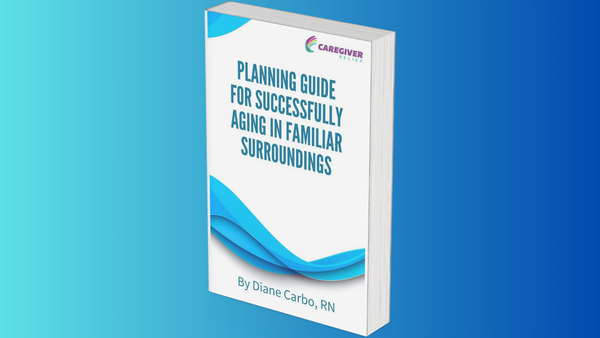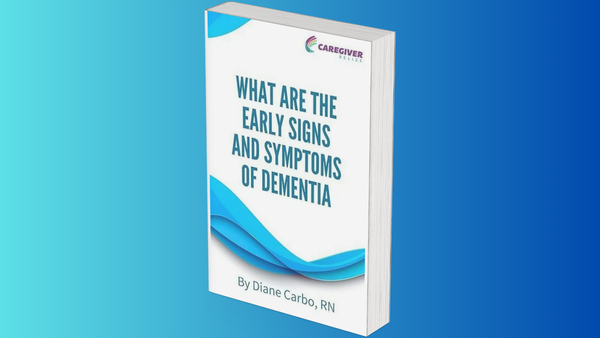Cannabinoids for the Treatment of Dementia? New Break Out Treatments
Learn more about the research on cannabis and its effects on the brain and the potential benefits of using CBD in treating dementia symptoms.

I have read claims that the cannabis plant can reverse or even prevent dementia. CBD or Cannabidiol has been at the forefront of the news. The application to treating various neurological conditions is being discussed.
Many of my readers are open to alternative treatments, so, I thought I would review the subject for you.
This article is in no way an endorsement for the use of cannabis as a treatment for dementia symptoms.
There are many different research studies being done all over the world on the benefits… of cannabis on the brain and dementia. There is a specific component of the cannabis plant, cannabidiol/CBD, that is gaining attention.
This component is not associated with the … negative hallucinogenic effects one would experience when smoking or ingesting marijuana. It turns out that cannabinoids have not shown any negative side effects. And may, in fact, be beneficial to the brain.
Cannabinoids (cannabidiol/CBD) are naturally occurring components of the hemp plant. CBD is derived from commercial hemp stalk and seed. CBD’s, taken orally, are a superior alternative to medical marijuana.
The United States Food and Drug Administration (FDA) currently considers … non-THC hemp based cannabinoids, including CBD, to be “food based” product. These new non-psychoactive CBD-rich hemp oil products . CBD (cannabidiol), is a naturally occurring constituent of the industrial hemp plant. It promotes and supports the nutritional health of aging bodies in particular. Source: US Government Patent #6,630,507 “Cannabinoids as antioxidants and neuroprotectants.”
Studies report cannabidiol/CBD has also been found to have: Neuroprotective
Anti-inflammatory
And anti-oxidant properties.
Specifically, studies show that cannabidiol targets the endocannabinoid system of the brain. This system contains a group of receptors in the brain. These receptors are involved in different physiological processes including:
Appetite
Pain sensation
Mood
Memory.
Studies have shown that when brain cells grown in test tubes were treated with cannabidiol … the results were found to reduce amyloid beta production and subsequent cell death.
Dr Tim Karl, from Neuroscience Research Australia, at the Illawarra Health and Medical Research Institute… found that treatment in mice with cannabidiol/CBD was shown to… reduce the severity of some of the behavioral symptoms… associated with Alzheimer’s disease. This result was published in the Journal Psychopharmacology.
Martin Lee, author of Smoke Signals: A Social History of Marijuana – Medical, Recreational and Scientific states… “The fact that baby boomers came of age with marijuana… makes them receptive” to cannabis-derived treatments. “We’re the first generation that is less healthy than the previous generation. And we’re turning to alternatives.”
When you are considering a CBD oil product, look for a product that contains full spectrum oil. There are may different types of endocannanoids. They are finding different types of endocannabanoids have different properties. There have found, some will help pain, others, help you stay asleep. There is ongoing research on the benefits of CBD oil. Stay tuned for more information.
Resources:
Madison D, Orr A, Hanson J, et al. b-Amyloid Inhibits E-S Potentiation through Suppression of Cannabinoid Receptor1-Dependent Synaptic Disinhibition. Neuron. 2014.
Psychopharmacology – http://link.springer.com/article/10.1007/s00213-014-3478-5
Therapeutic potential of the endocannabinoid system for Alzheimer’s disease(PubMed)
Endocannabinoid signalling in Alzheimer’s disease
Share your questions and comments here! We would love to hear from you on this subject!




